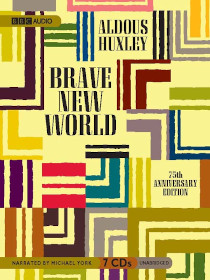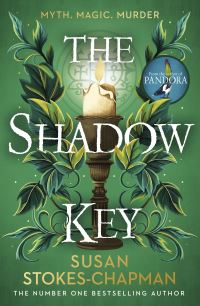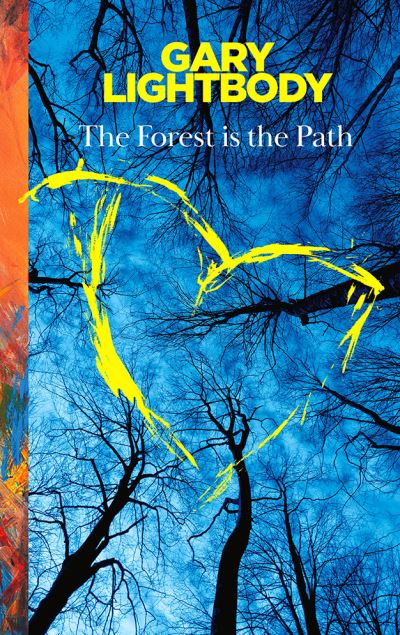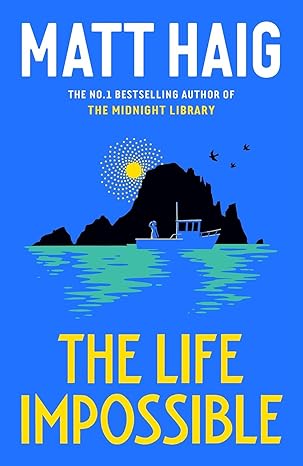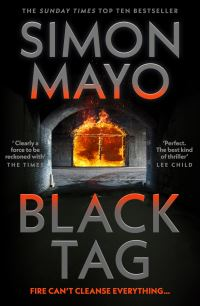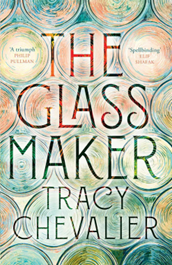Brave New World by Aldous Huxley
"O brave new world, that hath such people in it!"
Brave New World is a classic dystopian novel, not dissimilar to George Orwell's Nineteen Eighty-Four. It is set in a feudalistic futuristic world which achieves totalitarianism through eugenics and hypnotism. Society is a result of a pre-ordained caste system where intelligent humans assume the highest positions and serf-like beings are genetically programmed to carry out menial works. Happiness is drug-induced. On the surface, everyone appears to be satisfied, enjoying excessive carnal pleasures (in this world “everyone belongs to everyone else” and promiscuity is the norm) but at the cost of forgoing freedom in its truest form. Underneath, everyone is empty and detached and they don’t even know it. We follow two main characters – the discontented Bernard Marx and the outsider John, “the Savage” – as they interrogate the views of this World State in which people exist on a baseline-state of superficial happiness in order to side-step the truth.
Brave New World is a warning about the dangers of technology which is as relevant to us today, if not more so, than it was when the book was published in 1932. Technology infiltrates pretty much every aspect of our lives – the question is, where will it stop? How numbed are we to real existence? Brave New World also explores the idea of just how far science can go without abandoning ethics, which is a timeless issue. This is an important novel that will make you think long after you’ve finished reading it.
Submitted by Mary-Ellen
